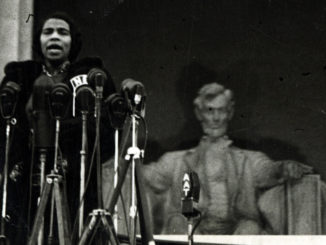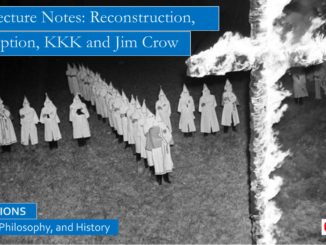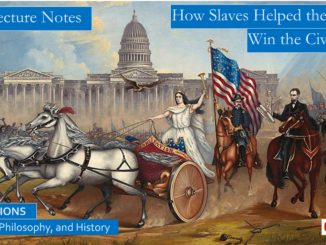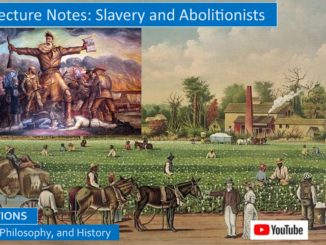
Promise Keepers: Black Lives Matter To These Evangelicals
Promise Keepers was founded in 1990 by Coach Bill McCartney. He was the head coach of the University of Colorado with a winning record from 1982 to 1994. His team won three consecutive Big Eight Conference titles and the national championship in 1990. While attending a Fellowship of Christian Athletes banquet, he discussed with Dave Wardell the idea of Promise Keepers, an organization that would organize conferences that would train and teach young men on what it means to be godly husbands, godly fathers, and godly men.
Many black athletes see college and professional sports as their ticket out of poverty. Many blacks attending college on athletic scholarships only know poverty, attended sub-standard ghetto schools, and really have a hard life and often have a difficult time in college. Bill McCartney witnessed first-hand how the lack of opportunity for these black families affected his black athletes.
Promise Keepers asks the young men in its ministry to make seven promises to live a godly life. This is the sixth promise: A Promise Keeper is committed to reaching beyond any racial and denominational barriers to demonstrate the power of biblical unity. […]




